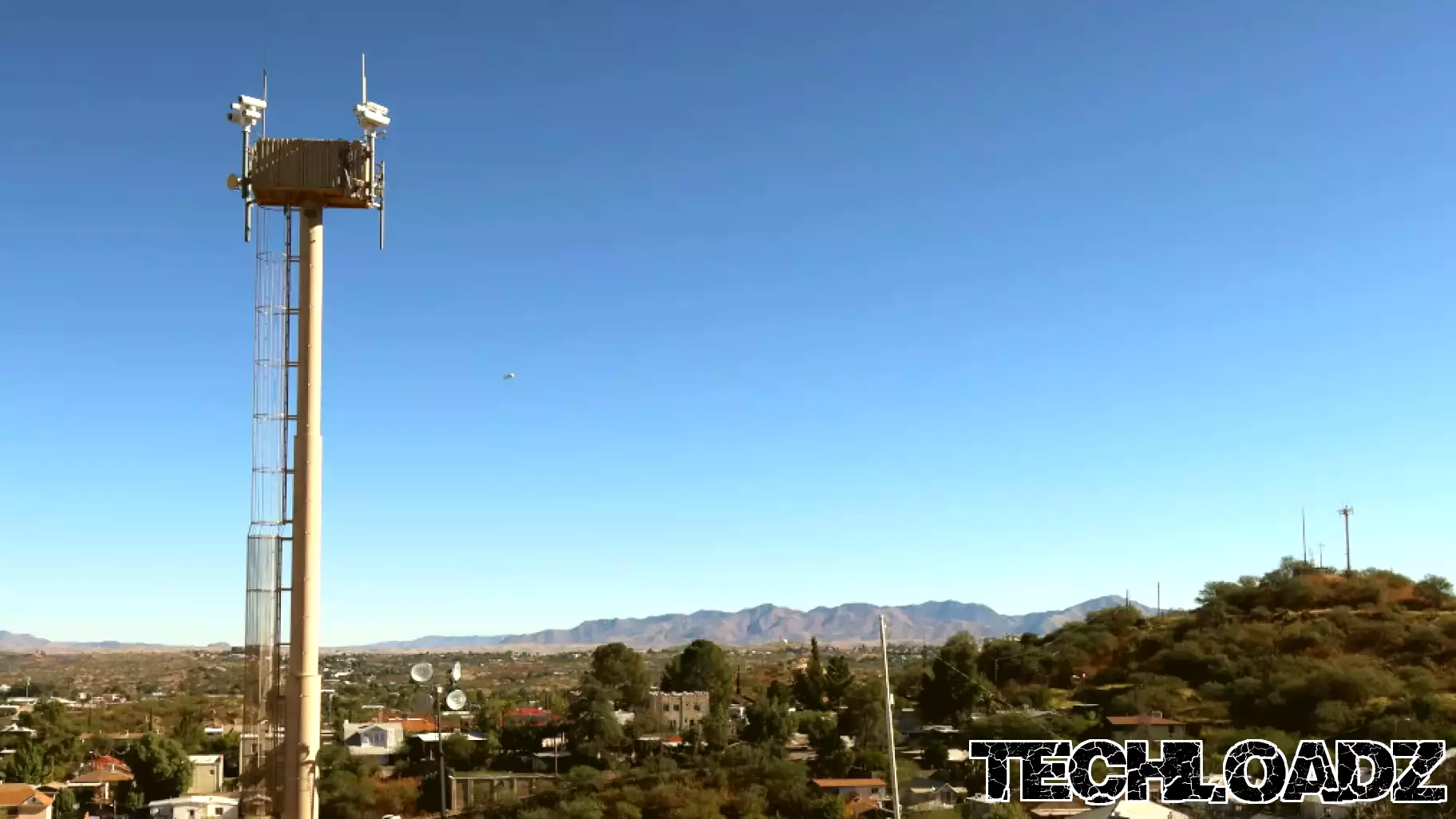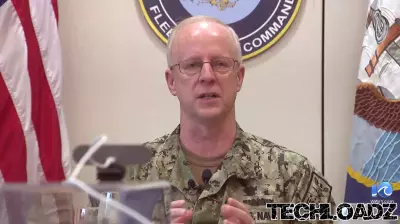December 20, 2024 - 21:23

U.S. Customs and Border Protection (CBP) has fallen short in meeting essential privacy requirements for its border surveillance initiatives, specifically concerning surveillance towers, aerostats, and unattended ground sensors. A recent evaluation revealed that CBP did not adequately address any of the six critical privacy protections that are supposed to safeguard individuals' rights and personal information.
The findings raise significant concerns about the agency's commitment to privacy, especially given the increasing reliance on technology for border security. The lack of compliance with established privacy standards not only undermines public trust but also poses potential risks to civil liberties. Critics argue that without proper oversight and accountability, these surveillance programs can lead to invasive monitoring practices that disproportionately affect certain communities.
As the debate over border security and privacy rights continues, the need for stringent adherence to privacy protections becomes ever more urgent. Stakeholders are calling for immediate reforms to ensure that surveillance measures are implemented responsibly and transparently.



